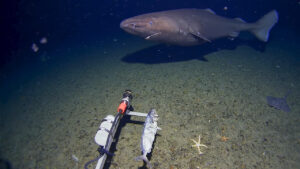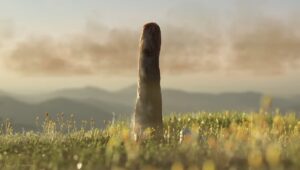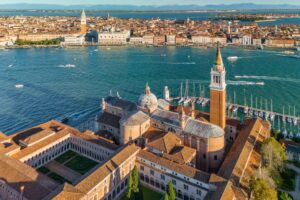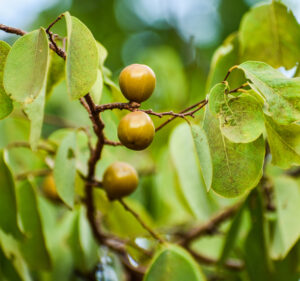A passion for the natural world drives many of our adventures. And when we’re not actually outside, we love delving into the discoveries about the places where we live and travel. Here are some of the best natural history links we’ve found this week.
50 million crabs shut down roads in Australia: Millions of red crabs descended on the roads and bridges of Christmas Island, Australia. It is the largest migration of crabs in the world. Every year, the scarlet crabs leave the forests in October or November to begin their march to the ocean. The exact timing of their exodus of the forest depends on the rainfall and phase of the moon. The crabs move through a number of residential areas on their migration and bring impacted towns to a standstill.
Baby seals can change the tone of their voice: Seal pups can imitate sounds; this trait is very rare among mammals. A rehabilitation centre played recorded noises from Denmark’s Wadden Sea to harbor seal pups before releasing them back into the wild. The pups lowered their pitch when they heard louder sea noises. One seal produced louder calls as the volume of the recording increased. Humans and bats also display this behavior. “Seal pups have more advanced control over their vocalizations than [we] assumed,” said Andrea Ravignani, co-author of the study. “This is astonishing. Few other mammals seem capable of that.”
Subterranean volcano embeds new mineral in diamond
New mineral from the earth’s mantle found inside a diamond: Scientists have discovered a new mineral trapped inside a diamond. The davemaoite, which comes from deep in the earth’s mantle, looked like black flecks within a diamond mined in Botswana over 30 years ago. The mineral forms under great pressure and usually restructures itself when the pressure lessens. Embedded in the diamond, it remained intact. The davemaoite — named after a prominent geophysicist — bears traces of radioactive elements that may generate some of the heat in the lower mantle.

Ducklings conserve energy by swimming in formation. Photo: Shutterstock
Why do ducklings swim in a row? Ducklings paddle in a neat row behind their mother to conserve energy while swimming. As marathon swimmers know well when they draft on each other, it’s much easier to swim when you’re pushing against already moving water. Likewise, every duckling in the line feels this as it paddles with its little webbed feet in its mother’s wake. If they fall behind or leave the formation, the baby ducks start to feel more resistance.
Scorpion invasion
Scorpions flood Egyptian villages: Flooding from storms has forced thousands of scorpions out of their burrows in southern Egypt. The “deathstalker” scorpions swept into Aswan, stinging hundreds of people as they found new places to hide in houses. Three patients have died. Doctors have administered over 3,000 doses of antivenom to the injured.
Hidden camera shows diverse wildlife of Kabetogama Peninsula: A hidden camera on the Kabetogama Peninsula in northern Minnesota shows just how commonly wildlife skirts the edges of beaver dams. To study wolves and their behavior, a research group placed the camera on the border between two wolf pack territories. The beautiful video shows far more than wolves. It reveals the abundance of animals present in that boreal ecosystem.






